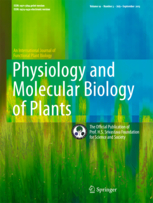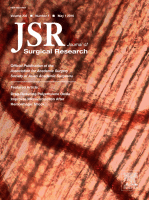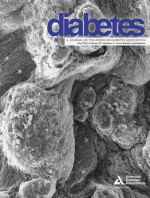
A researcher has agreed to a five-year ban on Federal U.S. funding for research after the Office of Research Integrity (ORI) determined that he had falsified or fabricated more than 40 images in nine papers.
The findings, released by the ORI today, are another chapter in a case involving John Pastorino, a cell biologist at Rowan University. In February, we reported that two journals had issued expressions of concern (EOCs) for six of his papers.
Pastorino, according to the ORI, Continue reading New Jersey university biologist earns funding ban for doctoring more than 40 images
 A former postdoc at the University of Pittsburgh has admitted to committing research misconduct in published papers and in National Institutes of Health (NIH) grant applications.
A former postdoc at the University of Pittsburgh has admitted to committing research misconduct in published papers and in National Institutes of Health (NIH) grant applications.
 A team of biologists have earned a fifth retraction for a paper containing manipulated images, following an investigation by the Swedish government.
A team of biologists have earned a fifth retraction for a paper containing manipulated images, following an investigation by the Swedish government.




